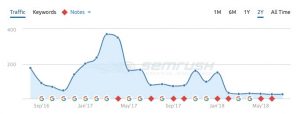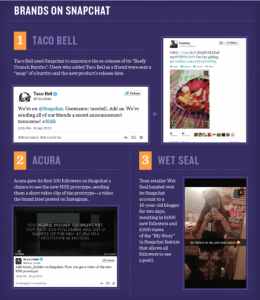By Lia Garvin

Whether we were anxiously waiting to go back into the office over the past two years or desperately hoping working from home was here to stay, one thing is clear: The elusive “return” isn’t what we were promised. The commute still sucks, the conference rooms are still overbooked, and the water cooler chat just doesn’t have the same luster as it did a few years ago.
Why? A mismatch of expectations is bound to cause a feeling of disappointment, and for many of us, even if the “before times” weren’t that awesome, at least they were predictable. The reality is that after such a long disruption in the status quo, there’s no way things could go back to being the same.
Problem 1: Our relationship with time has changed
My first day back in the office, I gleefully skipped to the kitchen area to brew a fresh coffee, then darted off to my first meeting, eager to have some IRL coworker time. After the meeting, I popped open my calendar to see when I had my next meeting and gasped, three hours from now?! What the hell am I supposed to do until then? Well, my friends, before the pandemic, the answer would have been “work,” like literally just do your job, but that’s not the conclusion we come to anymore.
For many of us who worked from home, the pandemic changed our relationship with time, allowing us to try out how to balance the blending of work, life, caretaking, and appointments, ping-ponging across each with more skill than Forrest Gump. When we go back to having to do things for long stretches of time, without being in control of said time, we get antsy.
Solution 1: Time management
Think like a project manager and plan your weeks to maximize your time in each location. Are there ways to cluster meetings in the office to the morning or afternoon so you can save on commute time by driving during off-hours? Experiment with a few different plans for the week over the course of a month to see what works best, knowing your goal is to understand what your new relationship with time looks like.
Problem 2: Context switching is overwhelming
Pre-pandemic we went from weekend to work to Friday happy hour. The arc of the week was clear and predictable. Now with hybrid, we transition from weekend to working from home to commuting and back to home, being taxed with remembering what’s needed at each juncture.
“It’s the context shifting that gets me,” said a tech employee who worked from home the past few years and recently returned to working in the office three days a week. “There is too much to remember now: what time to leave the house to get to my first meeting, where my laptop charger is, what meetings to schedule for the days I’m in the office versus at home. It’s too much.”
Solution 2: Perspective shift
Regardless of the location, the five days we’re on the clock are all workdays, and compartmentalizing them as different things can create too much cognitive load for how to prepare for each. With the time management under your belt, consider the perspective of what you need to be successful for the week as a whole and then plan accordingly. Yes, there might be different meetings we take each day, but it’s still the same workweek with likely a finite set of goals and things to accomplish.
Problem 3: Our relationship with our work has changed
For many of us, the last two years have opened our eyes to all the other things we care about outside of our job, from our early interest in baking sourdough bread to launching a side hustle, and the day job doesn’t have the same appeal that it used to.
“I used to care about every email, every meeting, every conversation,” said an account director in a design agency. “I’d lose sleep when something didn’t go my way. It’s weird to say, but I actually don’t care anymore . . . about any of those things. There’s just more to life than what happens in one frustrating meeting.”
Solution 3: Embrace it
This is actually a good thing. Having interests outside of work can give us more resilience to frustrations, setbacks, and struggles in the workplace because we see that our job isn’t the most important thing in our lives. This gives us more confidence in our day job, because we have multiple outlets to get validation and affirmation about our worth and value.
Perhaps the biggest solution that will set us up for success across all of these problems is to reframe our expectations. Thinking everything is going to be the same, or that it’s going to be at all predictable is a recipe for unmet expectations. Because the truth is, we have no idea what the future of the workplace will look like. By accepting that we’re in a time of transition, and that what we’re going through right now inevitably will not be how things look six to twelve months from now, we can be more open minded about what is working and what isn’t.
While you may never see yourself going back to the office for the long haul, by experimenting with these solutions and keeping an open mind around your expectations, you will likely find new things about the office you never appreciated before.
Lia Garvin is a team operations leader in tech, a coach, and the author of Unstuck: Reframe Your Thinking to Free Yourself From the Patterns and People That Hold You Back.
Fast Company , Read Full Story
(34)
Report Post









